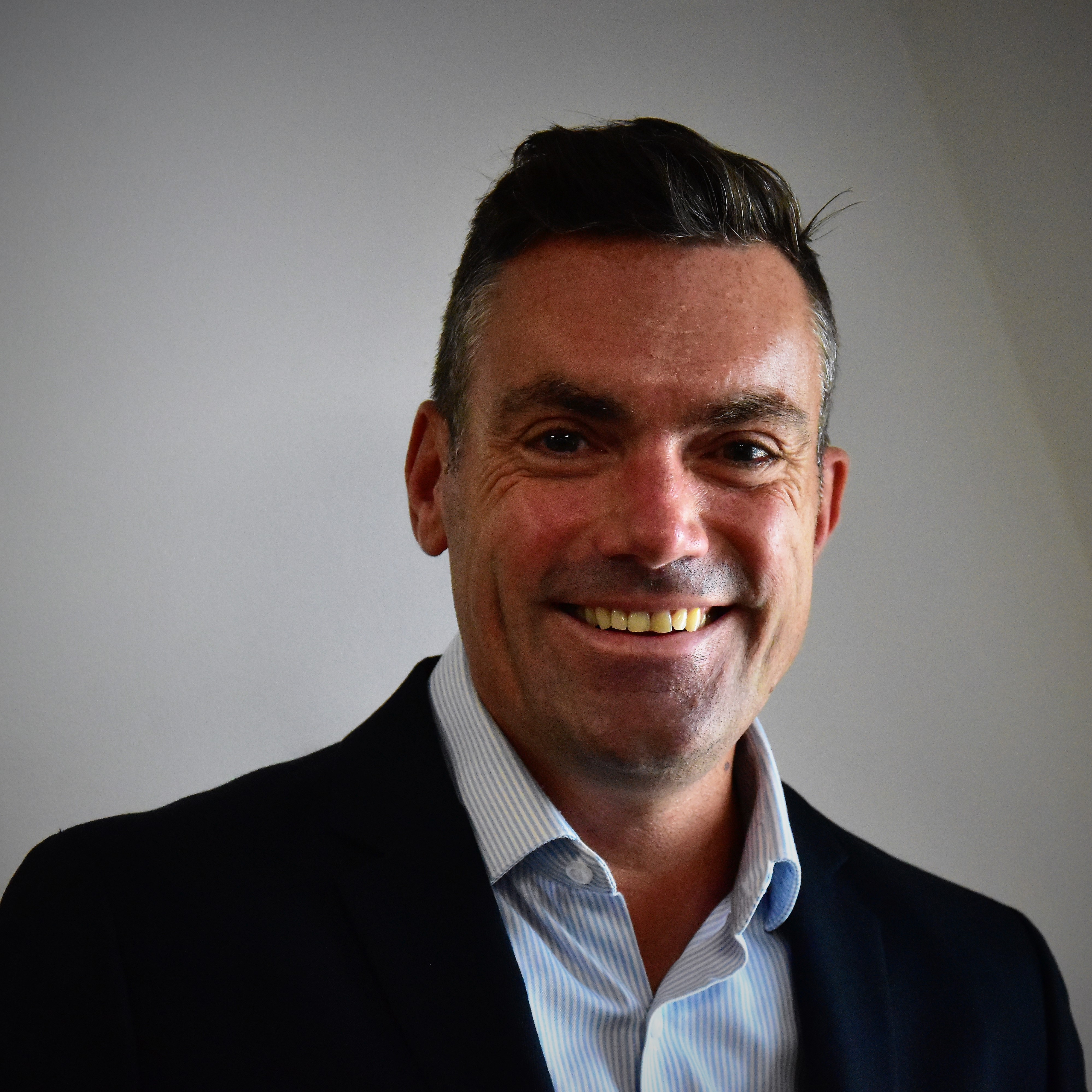In over 20 years GRB has had the privilege of working with a diverse range of recruiters and graduates transforming businesses with extraordinary talent. We all think we know talent when we see it but sometimes we become creatures of habit and fail to see the wood for the trees excluding some students and graduates over others. I had the opportunity recently to hear an inspiring speech by Toby Mildon, Diversity and Inclusion Lead for the BBC and wanted to share his findings with AGR members.
As part of the Graduate Recruiters Network (GRN) breakfast event programme, Toby was invited to talk on a subject close to his heart. Toby is the Diversity and Inclusion Lead for the BBC’s Design & Engineering and corporate services divisions and is responsible for ensuring that its workforce is as diverse as the UK nation that the BBC serves. He is a shining example of how a physical disability (having been born with a rare neuromuscular condition called Spinal Muscular Atrophy) has not held him back from what has been a fantastic career with an even stronger purpose. From his experience as a placement student at British Airways and then Accenture upon graduation, now BBC and soon to be Deloitte this summer, Toby brings a unique insight from both sides during his journey.
The BBC’s philosophy is to hardwire diversity and inclusion into the way it does business. You don’t need to go through expensive cultural change programmes: just try to embed inclusivity practices into the way you conduct business every day – like you do for health and safety, for example. Examine all the components of the business around hiring, retaining and developing people, and how you work with suppliers and a supply chain to ensure D&I is embedded into the fabric of your organisation. He advises recruiters to consider three things.
1. Start with the terminology.
What is diversity? It means all the ways we differ and it includes everyone. It includes our visible differences such as gender, race and ethnicity and visible disabilities. But it also includes our non-visible differences such as sexual orientation, social class, heritage, religion, unseen disabilities, different perspectives and thought processes, education, family status and age. The term “Inclusion”, Toby felt, was a more positive term and a more holistic approach to reach every member of an organisation. This can be unifying and by its very nature and remove barriers, perceived or not, between staff. In the most basic sense, being diverse gets you greater results – whatever ‘results’ look like for your organisation. Creativity is important to the BBC, but for a law firm it could be winning cases. The risk is that when a lot of organisations talk about diversity they are talking about the big areas such as gender, ethnicity, disability and sexuality – but it’s far more layered than that. Real D&I is all about leveraging lived experience: the education you had, the family background you grew up with, whether you moved around the country or the world or stayed in one place. All these things make up an individual’s lived experience, which can only enrich a workplace.
2. Challenge your perceptions.
Managers lean on biases – after all, it’s human nature – because they just want to get the job done (and are usually under pressure to do so), so they end up going to the same people or take tried and tested shortcuts in decision making i.e. proximity or affiliate bias. A common way to tackle unconscious bias is to raise awareness of it, and a lot of companies are running unconscious bias training. But that has quite a short shelf life; when you go through courses and training, you often forget what you are taught within six months if the training is not reinforced. It’s really important that businesses find ways of being able to tackle systemic bias as well.
One thing Toby has experimented with at the BBC is blind skills auditioning – it’s like The Voice talent show but for recruitment. He scrapped the use of CVs and set all candidates a challenge instead, to prove they have the ‘deal breaker’ skills for that job. The manager examines the quality of work supplied by the candidate without knowing anything else about them. Only when a manager deems a candidate’s work worthy of an interview do we reveal their identity. He has seen a dramatic increase in the diversity of candidates shortlisted for interview since piloting this system. The other great advice Toby shared is looking at the language you are using, as it may surprise you how exclusive it may be, or downright full of unconscious bias. For example, the English language contains masculine and feminine loaded words thereby attracting or detracting women from applying. Toby recommends Textio, a service which helps you fix the language you use to advertise open positions for example.
3. Start now.
Organisations must work harder to enshrine diversity and inclusivity into daily practice but it needs to start now. Toby has his supporters. Speaking at the CIPD annual conference in Manchester, Ann Pickering, HR director at Telefónica O2 UK, reinforced the value of diversity. "The business case for diversity is a compelling argument," she said. "It really makes a difference to the bottom line, and it isn't difficult. Firms with good gender diversity are around 15% more profitable than those that don't have good gender diversity."
Diversity can sometimes be used for publicity, and be tokenistic by some businesses. If an organisation talks about their diversity and inclusion it positions them in a favourable light within the marketplace, but businesses do need to invest in taking practical, tangible action on the whole D&I agenda. For any diversity initiative to be successful it means valuing and celebrating differences and encouraging a workplace and culture where all can thrive. This means individuals are supported, respected, engaged, have a voice, and are able to develop skills and talents – which company wouldn’t want that?




